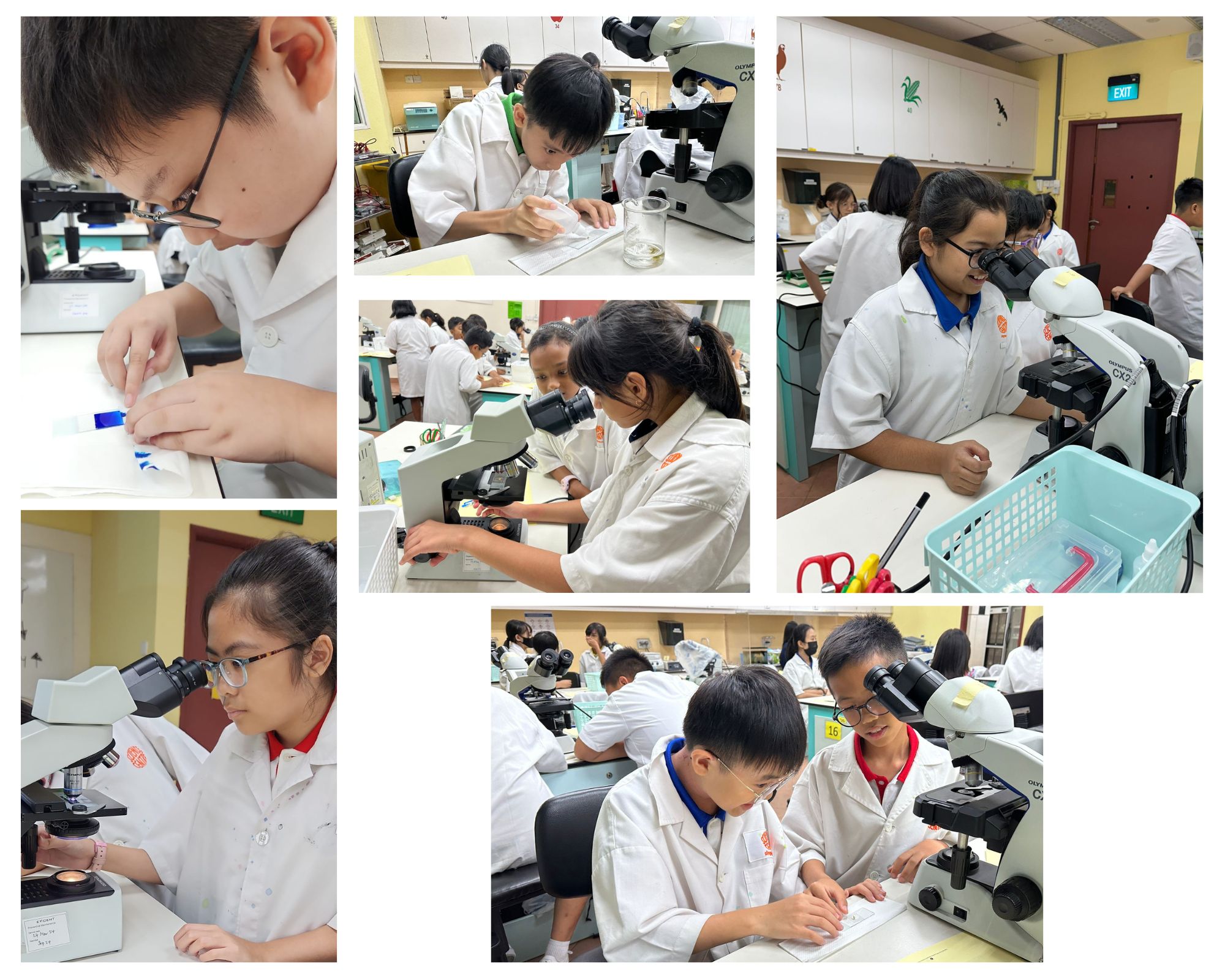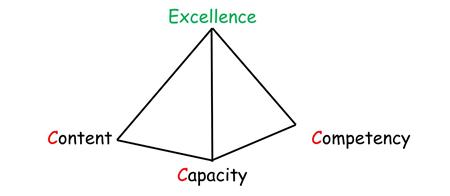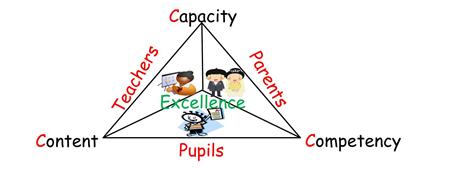Science
Aims of Primary Science Syllabus
The Primary Science Syllabus aims to provide students with experiences/ opportunities to:
- Build on their interest and stimulate their curiosity about themselves and their environment.
- Acquire basic scientific concepts to help them understand themselves and the world around them.
- Develop skills, dispositions, and attitudes for scientific inquiry.
- Apply scientific concepts and skills in making responsible decisions.
- Appreciate how Science influences people and the environment.
Strategies
Inquiry-based Learning
In Unity Primary, Science lessons are conducted using the Inquiry-based approach to harness the power of questioning and reasoning. Our students are shown how the products of scientific investigations were derived by scientists and be provided opportunities to: ask questions about knowledge and issues that relate to their daily lives, society and the environment; be actively engaged in the collection and use of evidence; formulate and communicate explanations based on scientific knowledge. Through inquiry learning, our students will be able to acquire knowledge and understanding of their natural and physical world based on investigations, apply the skills and processes of inquiry and develop attitudes and values that are essential to the practice of science.
Experiential Learning
Apart from classroom learning, our students also have the opportunity to engage in experiential learning such as through learning journeys and enrichment workshops. The school has also digitised our eco-garden to enable our students can find out more the diversity of plants whether rain or shine. Using interactive tools, students can learn about the characteristics of plants and engaged in mini quizzes to consolidate their learning.
Key Programmes
P4 Pet Rocket
The programme is designed to excite students and have joy in learning. Using the rockets made from PET bottles, students will investigate the effects of the amount of water as a propellant, the angle of elevation used in the launch, and lastly, the amount of pressure applied in order to get the furthest launch. Through this activity, students not only learn how to upcycle but also discover how variables in an experiment affect the results.

P5 Learning Journey to DNA Lab @ Science Centre
Our P5 students get to be a scientist for a day at the Science Centre as they explore and observe some amazing cells through a microscope and appreciate their significance.
Through the programme, students will:
- Understand what cells are and that there is a diversity of cells on earth.
- Learn about classification of living things.
- Compare a typical plant and animal cell.
- Identify the different parts of a cell and relate the parts to the function.
- Identify different parts of the compound microscope and know their functions.
- Prepare sample slides using simple staining methods and view them under the microscope.
- Understand the application of using microscope to identify microorganisms or cells.

The philosophy behind the Teacher Content, Competency & Capacity enHancement Programme is based on a (triangle-based) pyramid. A pyramid is a very stable structure that can withstand the test of time. As such, the department aims to build up on the 3 cornerstones of Content, Capacity and Competency of our staff. This will then enable our students to reach the peak of Excellence.

Similarly, the department believes that Teachers, Parents and Students form a ‘Triumvirate’ that can work in synergy to reach the peak of Excellence. This is done through the Communication of Learning Outcomes, Sharing of Concepts & Misconceptions & Exemplars of Questions & Answers using our C3 Answering Technique.

C3 Answering Technique
C3 Answering Technique is the technique used by our students to answer Explain-type Open-ended Questions. Students are taught to identify the Concept, Connection, Conclusion parts of the answer and to structure them into a complete answer.
- Concept
What is/are the concept(s) being tested? - Connection
What is the context/connection to the question? - Conclusion
What happens/is the result in the end?
Assessment
The department adopts a variety of assessment modes to assess our students’ learning. Apart from the pen and pencil examinations, students are also assess through formative assessments.
Our table of specification for examination papers is based on a spiral approach where pupils are constantly being tested on concepts they have learnt previously but at a higher level of difficulty. This helps to prepare them for PSLE where they will be tested on concepts from both the Upper and Lower Block. This also helps them to integrate concepts from different themes in order to answer cross thematic and higher-order thinking questions.

